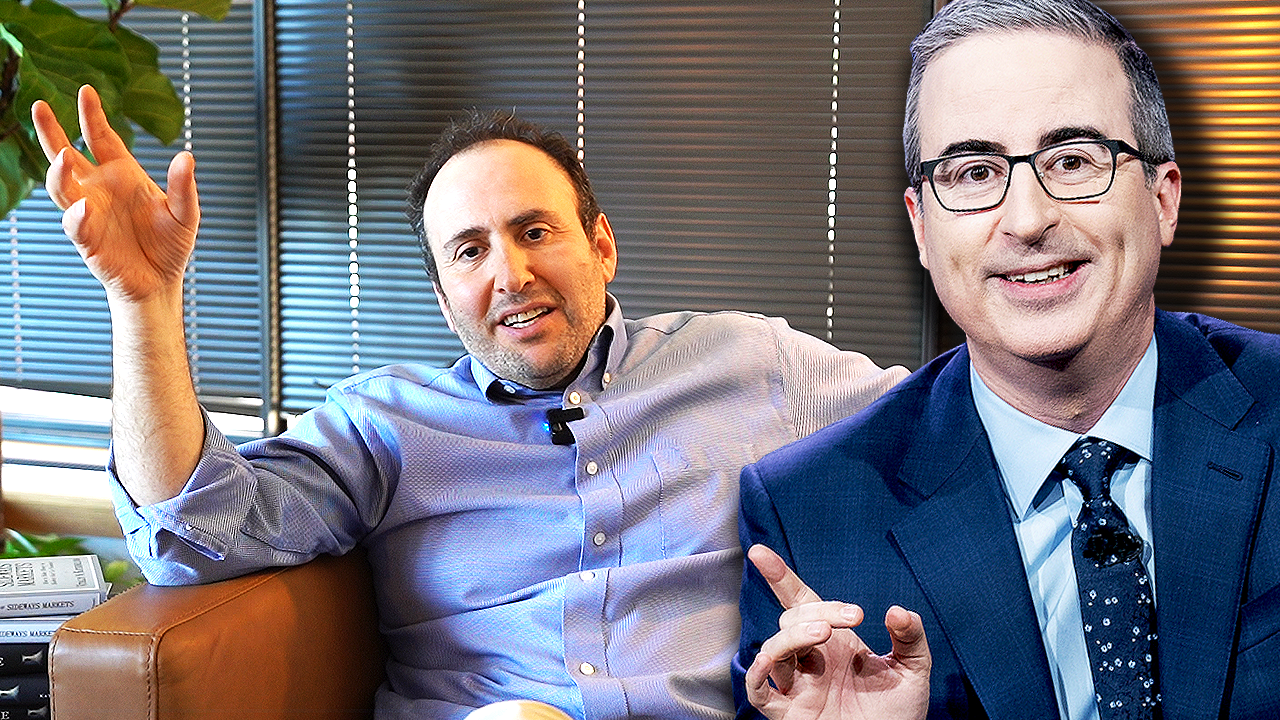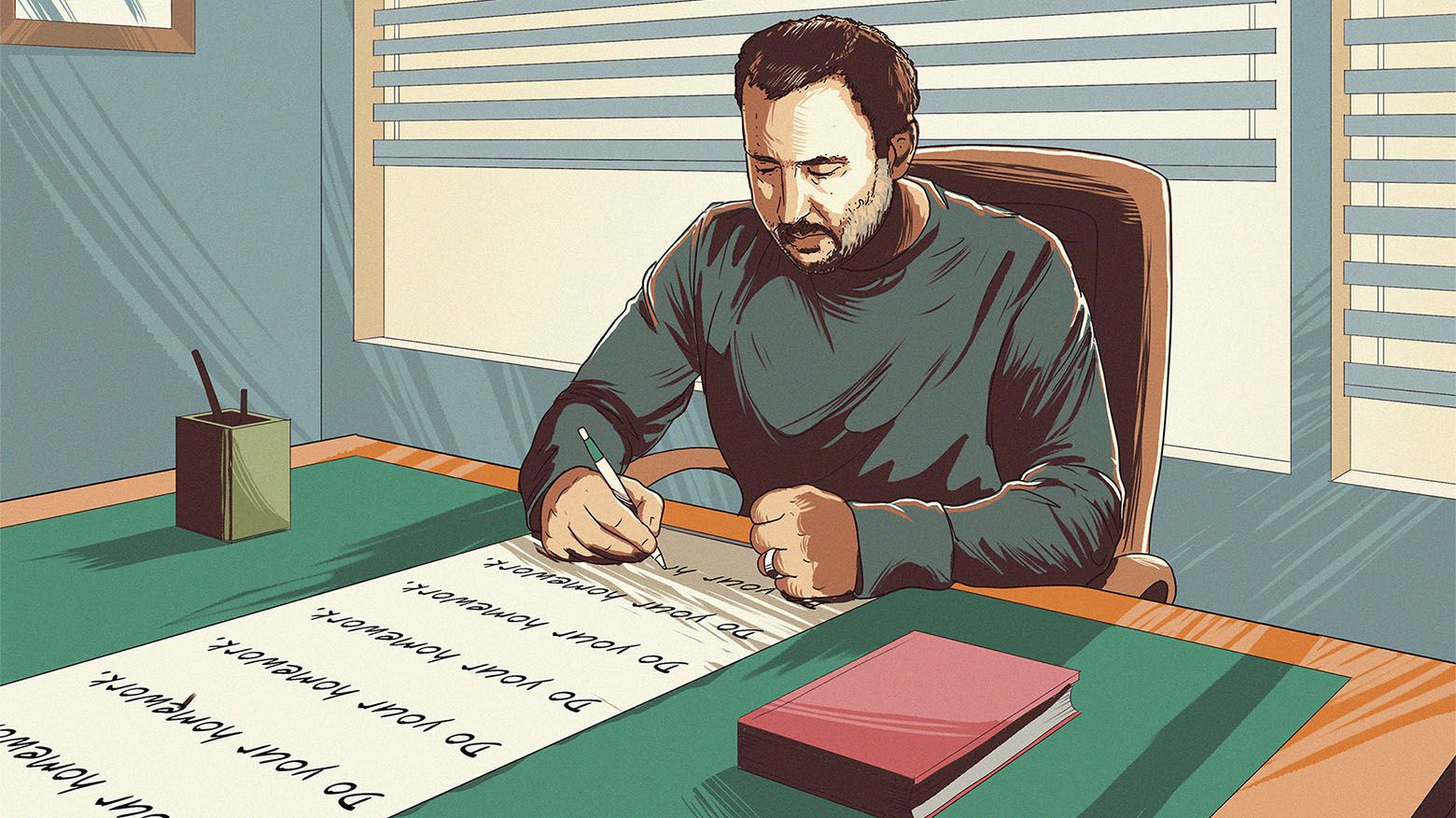We are used to politicians doing less than smart things. We kind of expect that from them. The moment they get elected, they start thinking about reelection. In their decisions they try to appeal to the lowest common denominator and our raw emotions. But Barney Frank’s plan to shift legal liability to the investors who buy mortgage-backed securities is one of the stupidest decisions that came out of Capitol Hill since… well, ever. I rarely use the word “stupid” in my writing, but the alternatives that come to my mind are not publishable. We feel bad for people who lose their houses, it is an American dream after all – own a house with the white picket fence, have 2.7 kids and 1.2 dogs.
We want to blame somebody, the builder who charged too much for the house, the mortgage broker who facilitated a loan we should never have had, the bank for extending the credit, and now the new extreme – the investors who purchased our mortgage (with thousand of others) from the bank. Politicians, like vultures, feed on our misplaced anger. Like super heroes they stand up to protect little people (us) against the evil empire – the mega billion Wall Street. Their logic is as follows – if the ‘evil’ mortgage backed securities packagers (The Wall Street, the likes of Citigroup, Morgan Stanley, Bank of America) and buyers (pension funds, hedge funds, insurance companies, etc.) did not buy mortgage backed securities, the liquidity would not be created and all these poor folks would not have bought and thus would not have lost their houses.
We should stop blaming everybody else and own up to our mistakes. The housing price appreciation has priced many people out of their dream houses. But instead of settling on less, people followed their American dream and bought bigger, more expensive houses than they could afford. They figured that a house is an investment, a safe bet. Even if a mortgage payment will rise in the future the (‘always’) rising house price will help to offset that. Floating interest rate, interest only or even worse negative amortization loans were the vehicles that helped many to temporarily afford their dream houses. Though we want to blame the financial institutions for coming up with these products; as long as they fully disclosed the terms of the loan it is our responsibility to make the right financial decisions – not theirs.
Despite what Barney Frank would say, (the evil) mortgage securitization is one of the greatest innovative products of the 20th century. By pooling thousands of mortgages together and breaking up pools into different risk trenches, the Wall Street has lowered the cost of house ownership dramatically to millions of Americans.
The legislature proposed by Barney Franks is dangerous:
It will punish investors that have absolutely no control over what goes into the mortgage pool. When pension funds buy mortgage-backed securities they can analyze to some degree the default risk. But how can they analyze the appropriateness of the purchase to the homebuyers? They cannot.
It will raise mortgage costs to all borrowers. Buyers of mortgage-backed securities will require a higher rate of return from borrowers to be compensated for extra costs which Mr. Frank’s proposed legislation would bring. This will raise the bank’s financing costs and thus raise the cost of credit to all mortgage borrowers. Actually this legislation would spill over across the whole economy, as credit cards, auto and other consumer loans are securitized as well. Securitization oils the wheels of capitalism and provides a needed liquidity for the US financial system, take it away and liquidity in the system will dry up.
Finally, and the most important, it will create wrong incentives for consumers – leading to a skyrocketing number of bad loans, as bad financial decisions will be paid by somebody else. Taking out a loan will become a risk free endeavor: house price goes up – great; house price goes down – you claim to be a victim and the purchasers of securitized securities will compensate you for the risk you’ve taken…the risk free paradise, isn’t it?
I am sure next couple of years will uncover fraud committed by some mortgage brokers or banks, it happens at the end of each boom. It happened at the end of the junk bond boom of the late 80s, the internet boom of the late 90s and it will happen again. The US economic and legal systems are equipped to deal with these people – they’ll go to jail.
Instead of creating laws that shift responsibility from consumers to lenders, lawmakers should focus on making the lending process simpler and more transparent, where the terms of the loan are clearly spelled out on one page.
I truly hope that democrats and republicans will realize the danger of the proposed legislation and explain to Mr. Frank that the cost of his reelection ambitions is too high for the rest of the country to bear.










0 comments